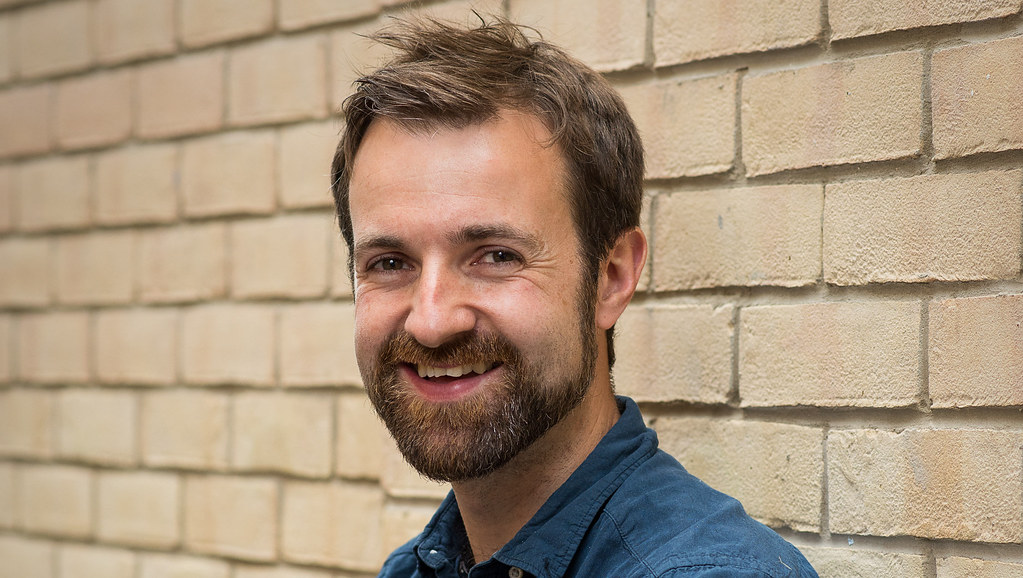Dr Kit Yates, a mathematical biologist and member of the Independent SAGE group providing independent scientific advice on minimising the impact of the COVID-19 pandemic, added his voice to a call for the internationally collective approach to the ongoing pandemic.
Despite remarkable progress in tackling the disease since it emerged in 2020, including the rapid development of effective vaccines against the virus, it remains a severe and ongoing global health threat.
The signatories of the Delphi study – by which an expert consensus emerges through rounds of questions and statements – include 386 authors spanning 112 countries, from academia, clinical, NGO and Government backgrounds.
They make 57 recommendations to Governments, health systems, systems, industry and others across six key areas; improving communication, strengthening health systems, promoting vaccination, enabling prevention, expanding treatment and care, and eliminating inequities.
Dr Yates, Director of the Centre for Mathematical Biology at the University of Bath, said: “ Much as we would like it to be, the pandemic is not over. Covid remains a threat to global health. It’s incredibly important that governments around the world learn from the mistakes that were made in the handling of covid both nationally and globally.
"We’ve collated a number of recommendations on the areas of communication; health systems; vaccination; prevention; treatment and care; and inequities so we can continue to mitigate the risks posed by covid during this pandemic as well as preparing ourselves for the next one.”
The study concludes that by following their recommendations the world can fight Covid-19 as a public health threat without a return to severe societal restrictions, while protecting vulnerable groups, and without exacerbating existing economic burdens on society.

